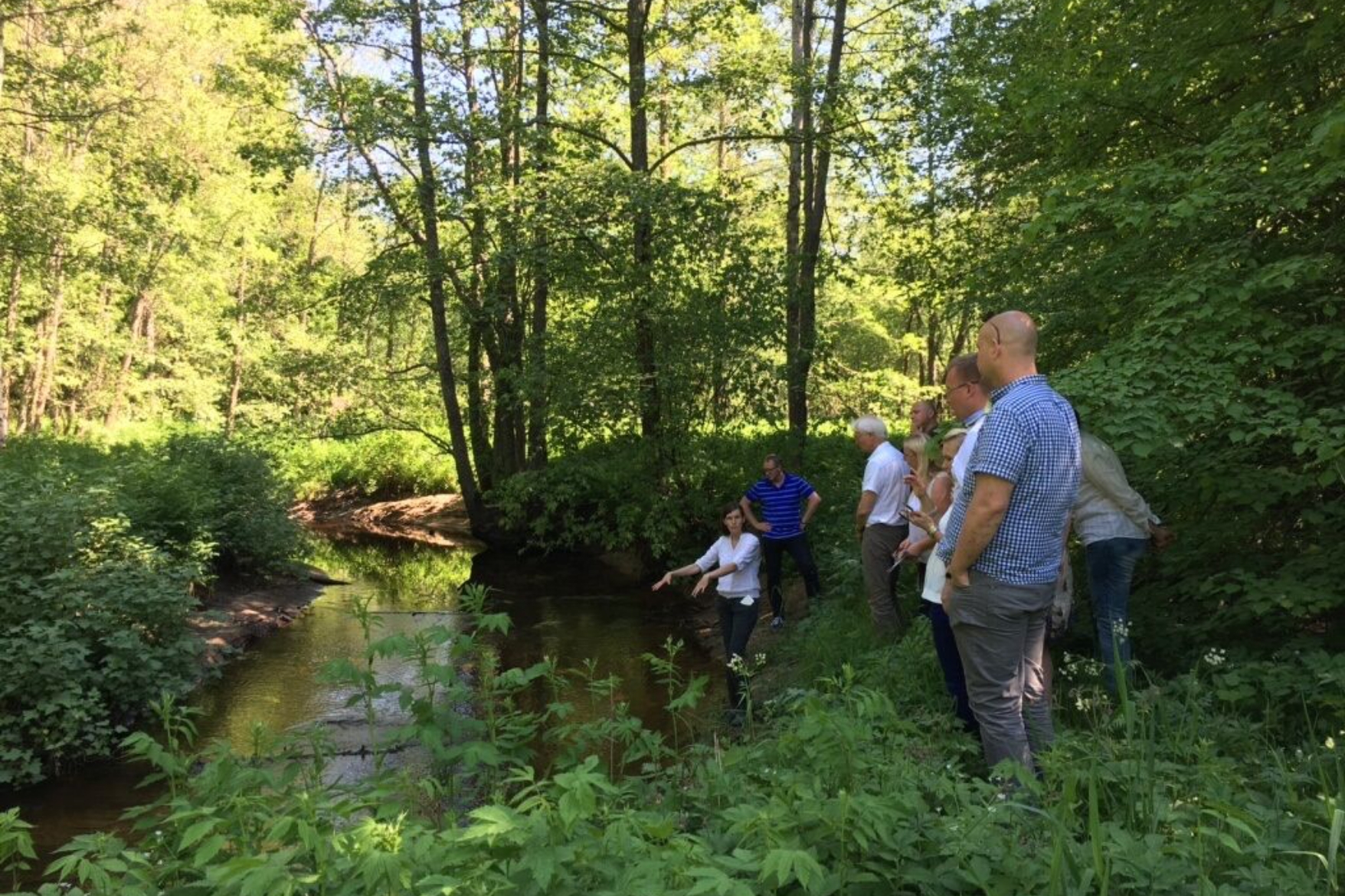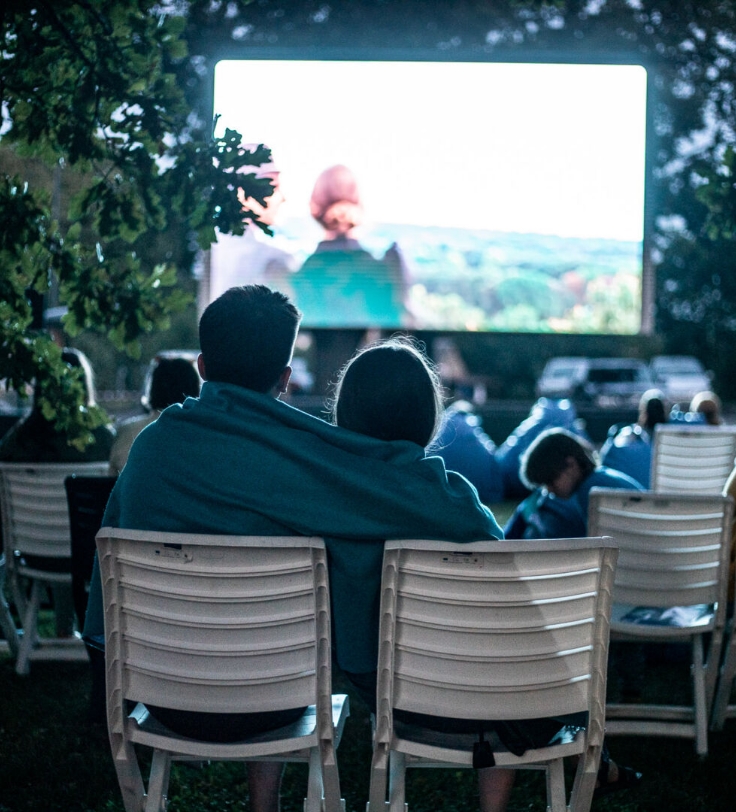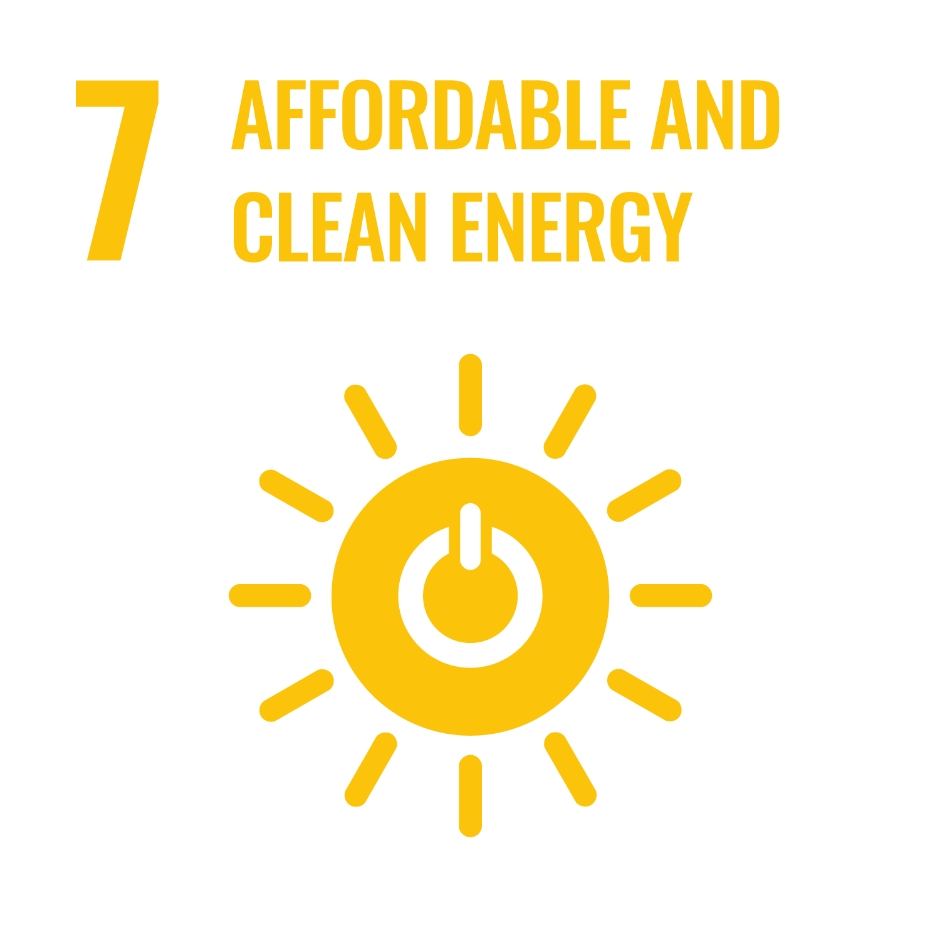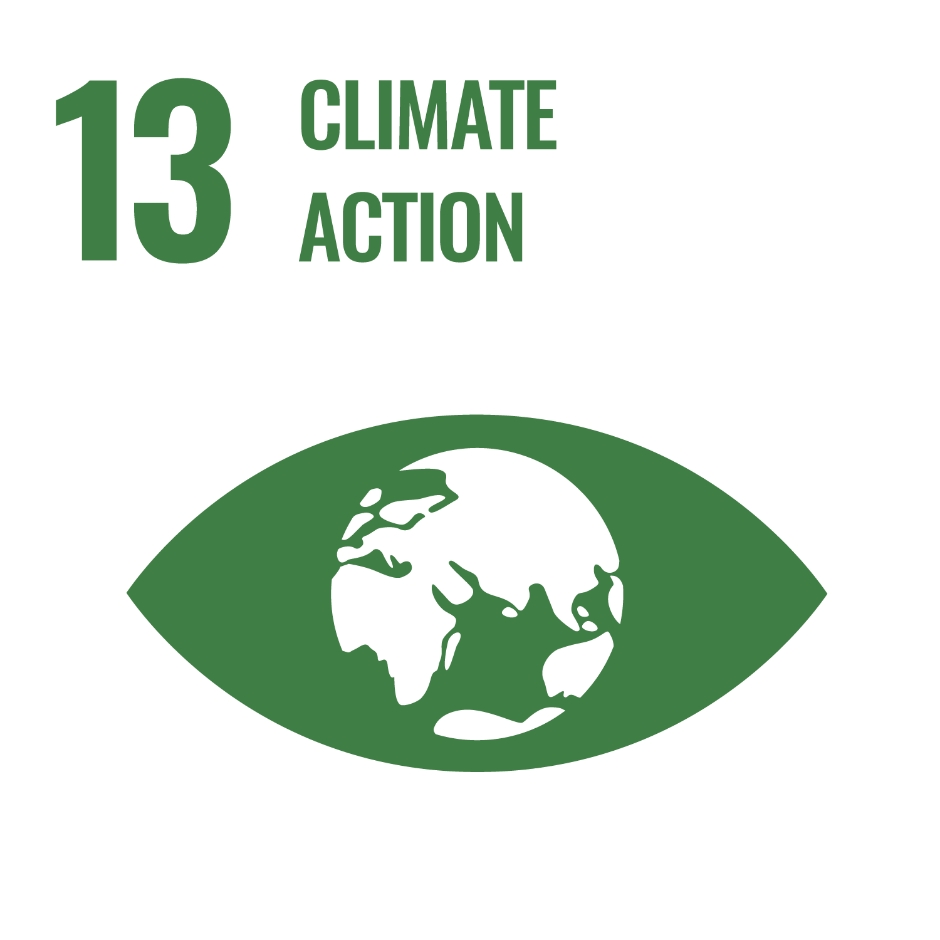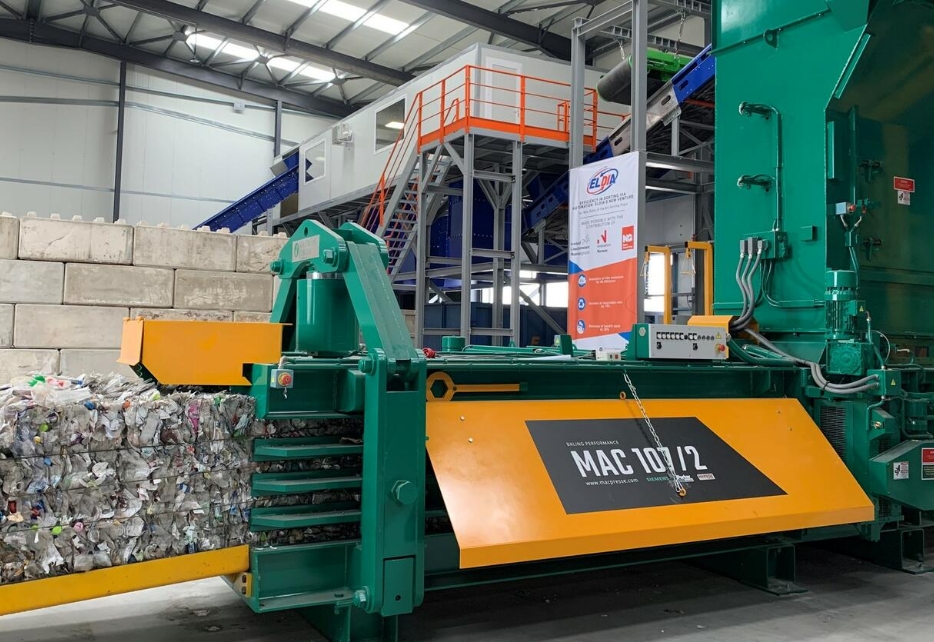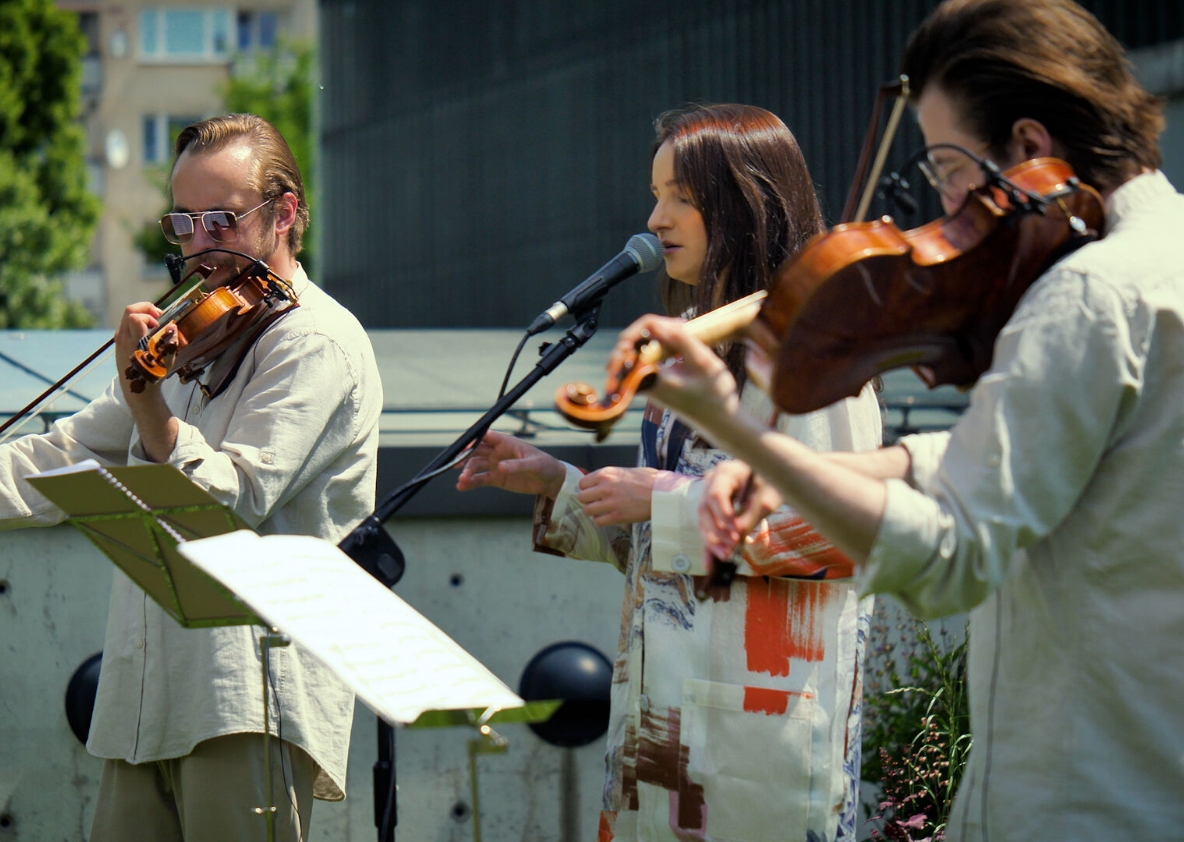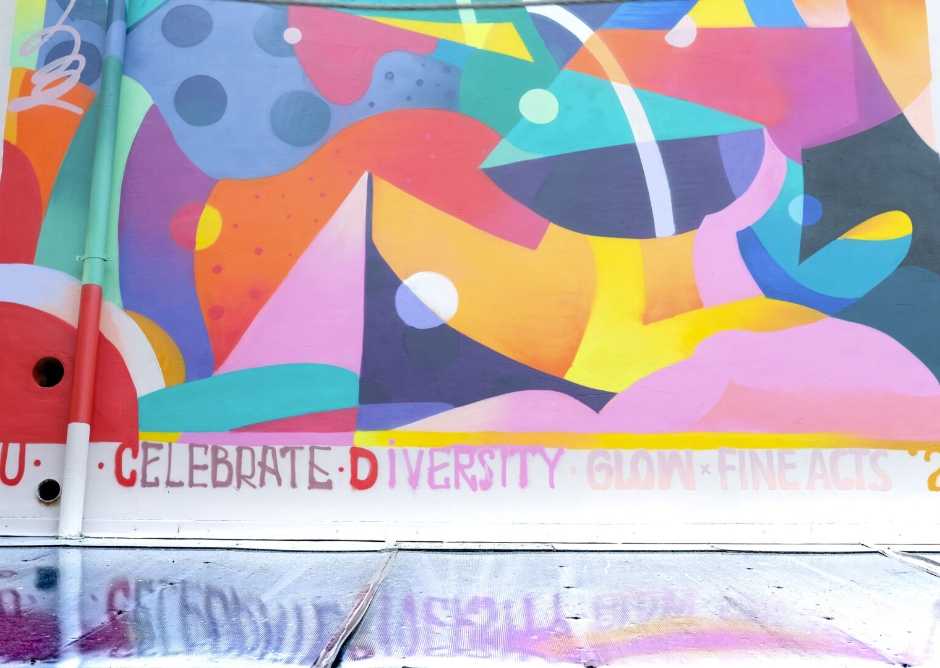The challenge
Climate change, environment, as well as sustainable energy and energy security are at the centre of every conversation concerning the future of Europe. Climate change is threatening the world as we know it, including the sustainability of our societies, economic growth, the state of ecosystems, our way of life, and needs to be addressed at a European level.
The Grants’ approach
Iceland, Liechtenstein and Norway are helping to tackle climate change in close cooperation with the EU. To fight and mitigate the consequences of global warming, the three Donor States fund environmental protection, renewable and sustainable energy, adaptation to climate change and the transition towards a low carbon economy in Beneficiary States.

Reducing marine litter in the Burgas Bay
The goal of this Bulgarian project is to improve the ecological status of the sea waters in the Burgas Bay and to increase the public awareness, self-awareness and responsibility of the citizens for the reduction and prevention of marine litter.
Read more
